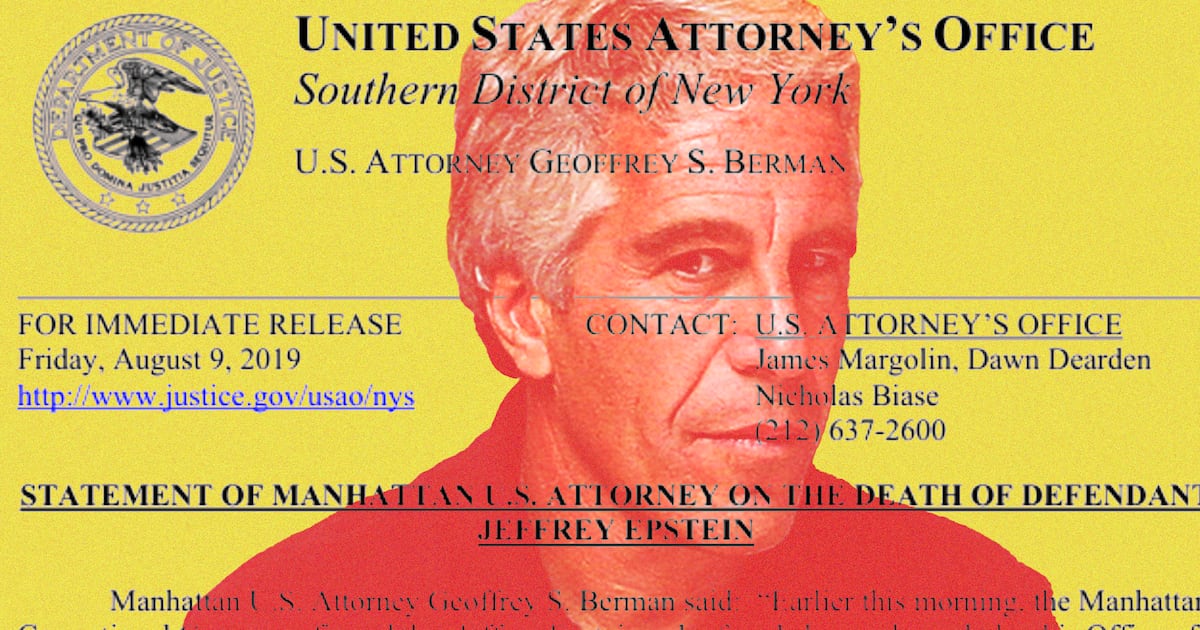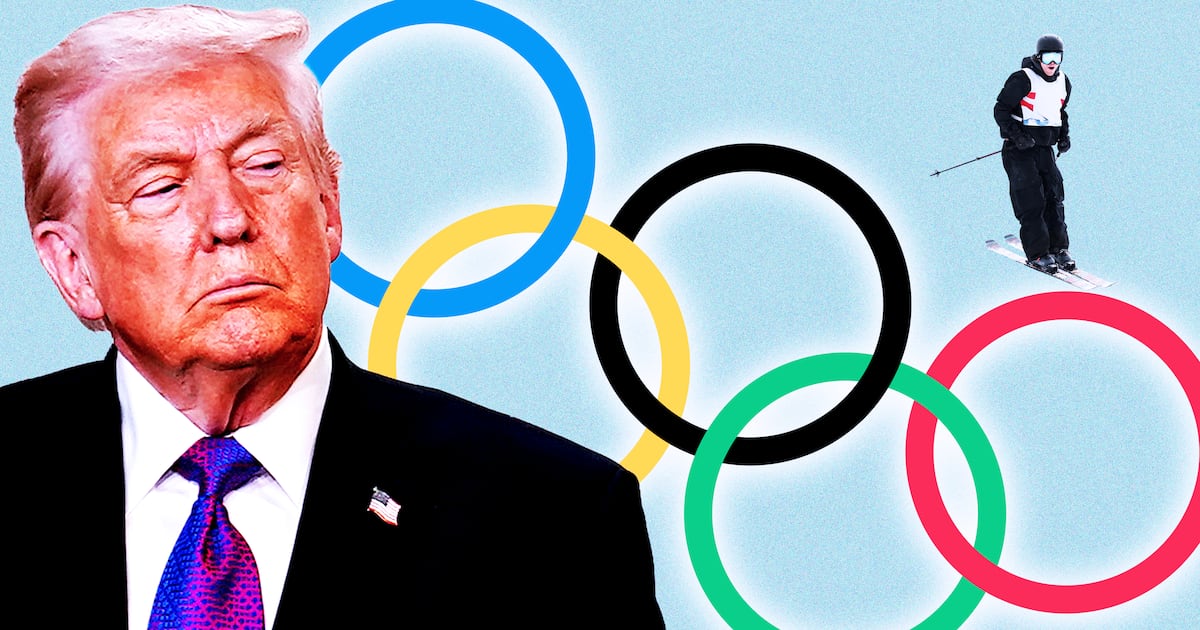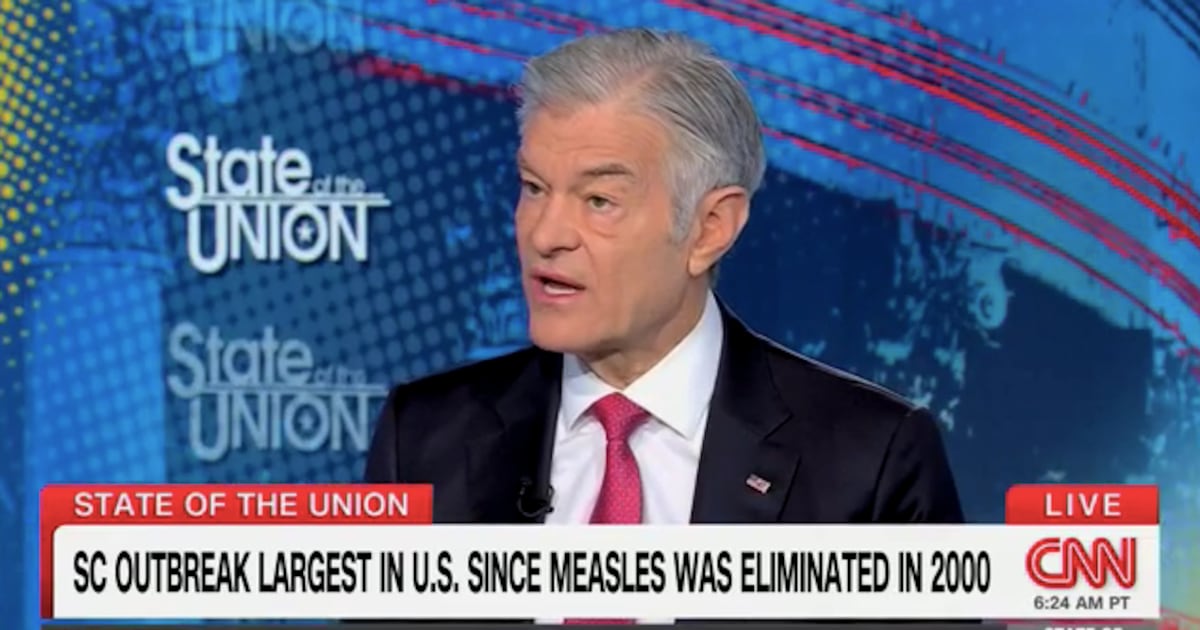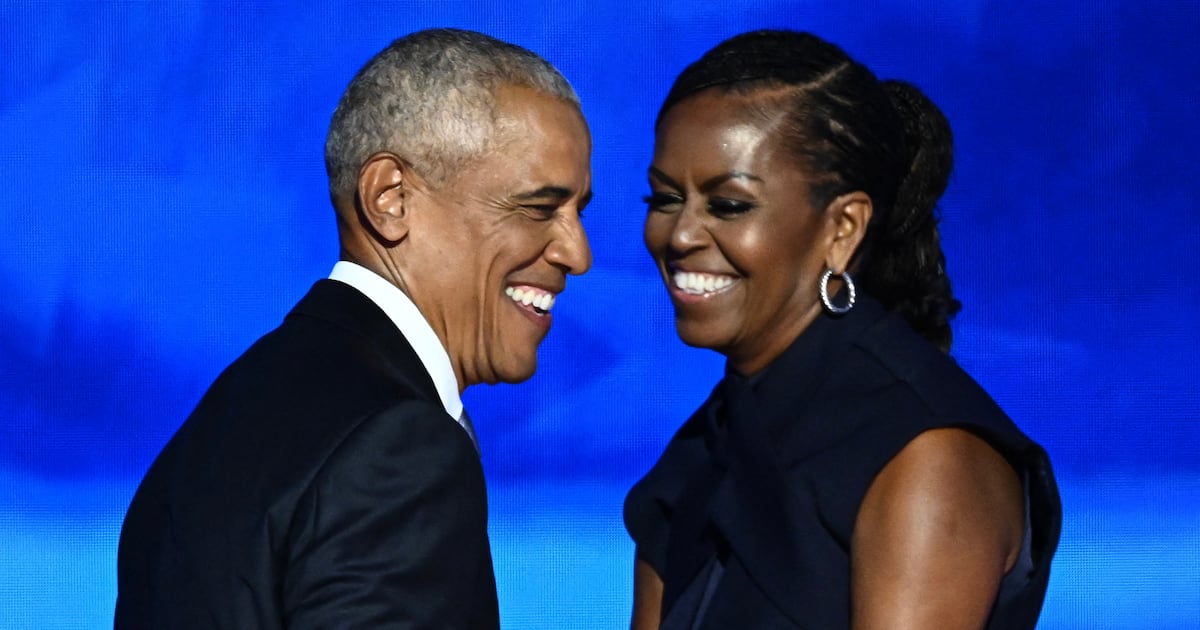The Russian embassy in Washington, D.C., waded into the diplomatic row bubbling up over the presumed sabotage of gas pipelines supplying Europe by accusing the U.S. of having the means and motive to carry out an attack.
The hot take on Thursday came as the Swedish coast guard confirmed a fourth gas leak had been discovered on the damaged Nord Stream pipelines earlier in the week, Reuters reports, with gas now hemorrhaging into the Baltic Sea.
On Wednesday, the European Union said all the available evidence suggested that some kind of sabotage was responsible for the mysterious leaks after seismologists confirmed explosions preceded the leaks. The bloc of 27 nations vowed a “robust” response to the “utterly unacceptable” disruption of its energy infrastructure.
But as lawmakers and international analysts started to suggest Moscow could be behind such an attack on the Russian-built pipelines, the Russian embassy in Washington made with wild claim that the true saboteur is more likely to be the U.S.
“We note the attempts by some U.S. legislators to put blame on Russia for the incidents that occurred on Nord Stream 1 and Nord Stream 2 gas pipelines,” the embassy wrote in a statement shared on its Telegram channel.
“Perhaps, they have a better view from the top of Capitol Hill. But if that is the case, they must also have seen the U.S. warships’ activities at the very site of the Russian infrastructure disruption just the day before. Or noticed drones and helicopters fly over there. Or observed U.S. Navy exercises with underwater explosives that have been conducted in the same area some time ago. Finally, they should have recalled the promises made by President Biden to “bring an end” to the Nord Stream 2 project.”
The same Biden quote was also cited as evidence of America’s alleged culpability for the attack by Tucker Carlson on Tuesday. A U.S. official told the Washington Post that the suggestion was “preposterous” after Carlson’s rant.
The Russian embassy message went on to ask “who benefits from the pipelines’ rupture?” “The answer is on the surface,” the statement says. “The decades-long energy trade between Moscow and Europe has long turned into an eyesore for Washington strategists. Unable to offer a decent alternative to reliable and, no less importantly, cheap supplies of gas, the U.S. decided to ‘squeeze out’ Russia as a competitor using non-market methods and sanctions.”
The Russian embassy also called for a “comprehensive and objective examination of the circumstances of the unprecedented attacks on Russian pipelines,” adding that the “Russian Federation will convene an extraordinary meeting of the UN Security Council.”






